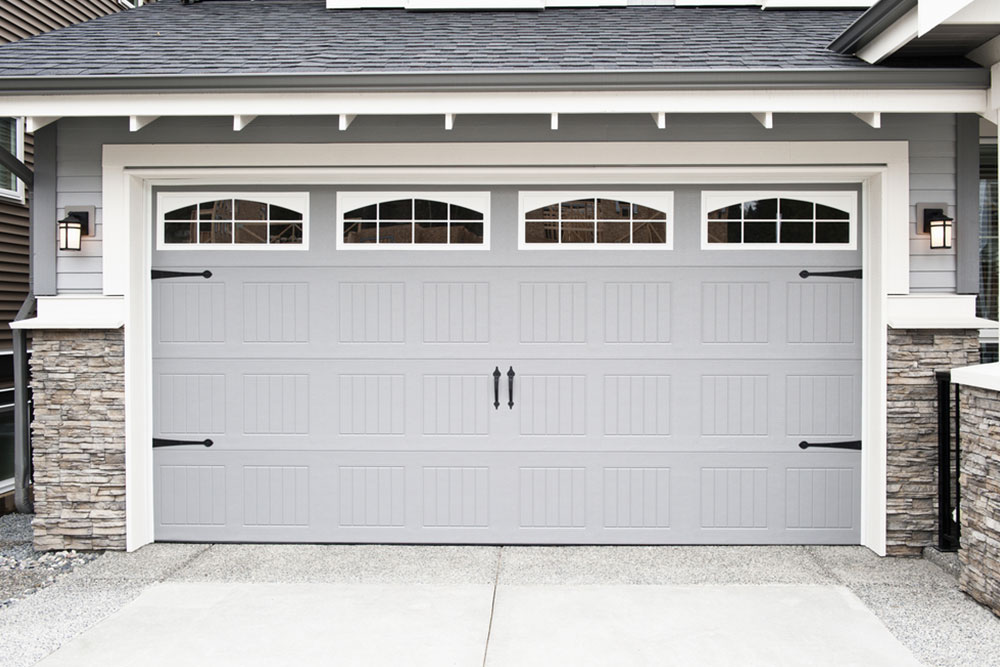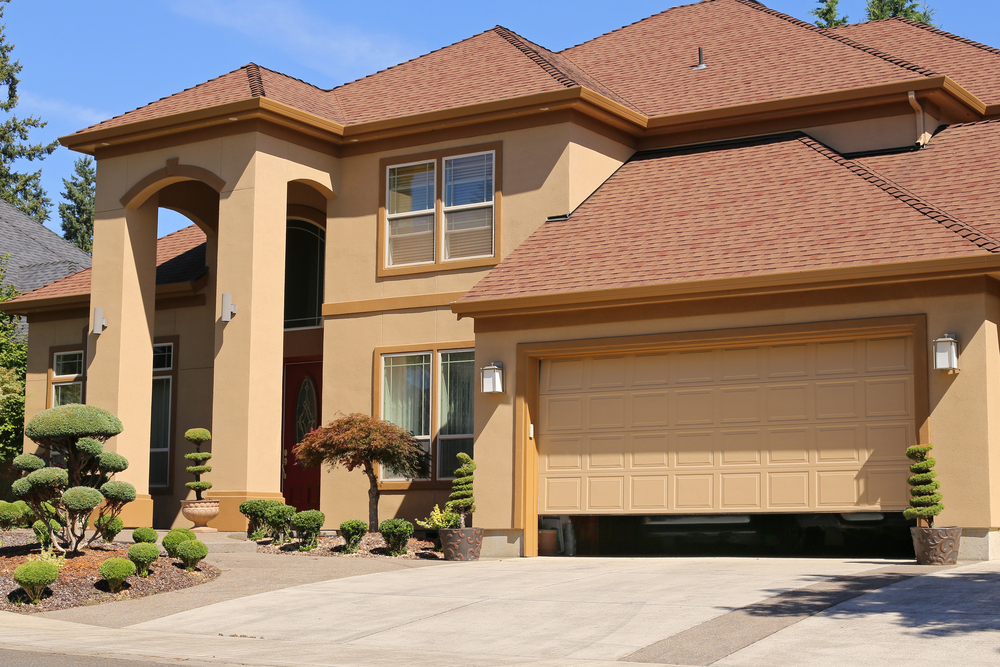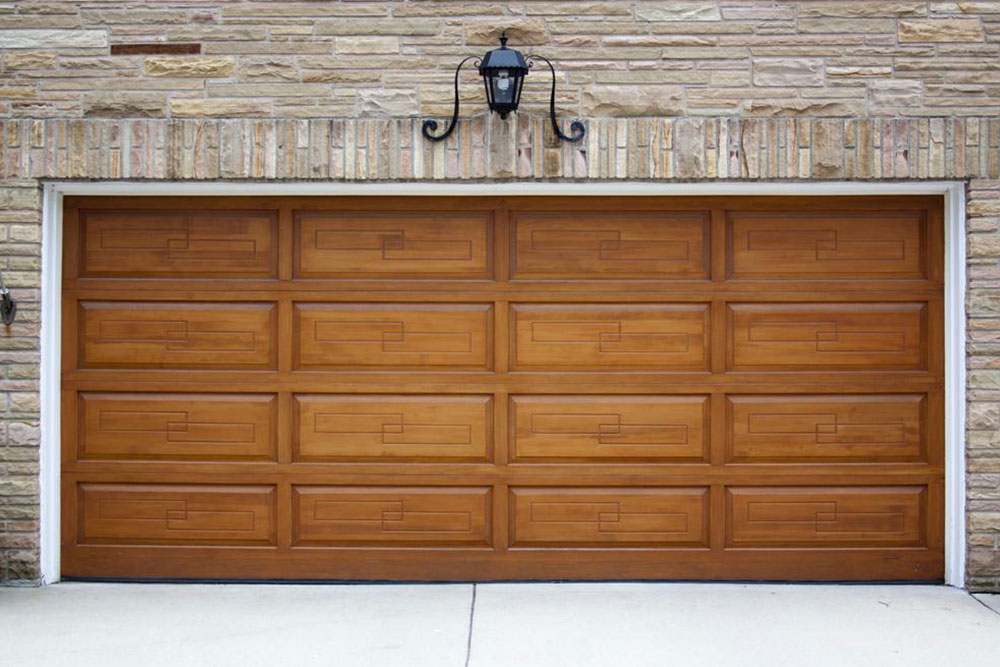Comprehensive Guide to Garage Door Styles and Materials
This comprehensive guide explores various garage door styles and materials, including wood, steel, vinyl, aluminum, and fiberglass. It highlights popular types and emphasizes the importance of professional repairs for issues like broken springs or damaged cables, ensuring durability and security. Ideal for homeowners looking to upgrade or select the right garage door, the article offers practical advice and insights into quality options and maintenance considerations.

A garage is an essential part of any residential or commercial property, not just for vehicle parking but also for storage and security.
Garage doors serve as large entryways that operate either manually or with automatic openers. They come in various designs, materials, and qualities, providing many options to suit different budgets and preferences. When choosing a new garage door, it’s important to consider these aspects carefully.
Common Types of Garage Doors
The market offers a diverse range of garage door styles, including folding, single-panel, sliding, sectional, and roll-up designs.
Key materials and construction methods define popular options such as:
Wooden garage doors
Made from layered woods like cedar, redwood, or fir, these doors are designed for durability and resistance to warping.
Steel garage doors
Constructed from galvanized steel, these doors are highly favored. They may include insulation, and can be painted or kept in a primer finish.
Vinyl garage doors
Valued for strength and low maintenance, vinyl doors are ideal for busy households. They feature steel frames filled with polyurethane insulation to prevent damage.
Aluminum garage doors
Built from durable aluminum panels, these doors are rust-resistant and available in various attractive colors and finishes.
Fiberglass garage doors
With double-layer fiberglass attached to steel frames, these doors combine toughness with crack resistance, making them a popular choice in the market.
High-quality garage doors provide reliable performance over time, but issues like broken springs, snapped cables, or unusual noises require professional repairs. It’s best to rely on experienced technicians for safe and effective solutions.
Note:
This overview aims to guide your selection process. For specific repairs or offers, consult local experts. The information is for general reference and may not cover all current options.


